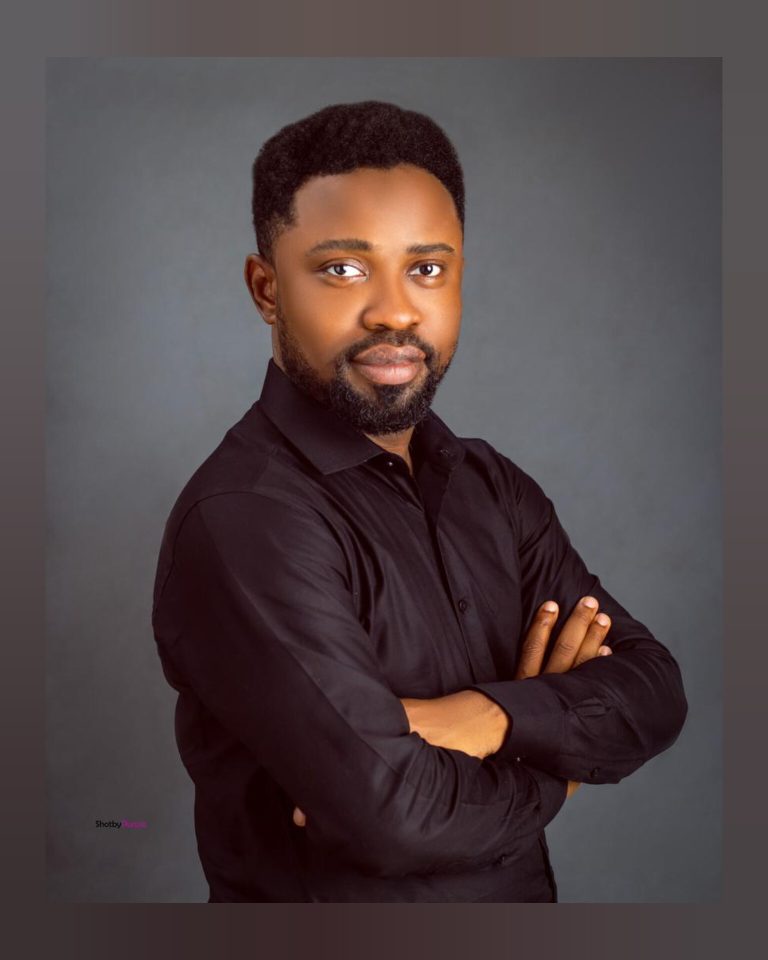2023 was the year “Afrobeat gospel,” or Afrogospel music, came into its own as a subgenre of Afrobeats. Lyrics apart, many Afrogospel songs sound like regular Afrobeats. This vibrant sound, infused with both inspiration and meaningful messages, captivated listeners across the spectrum. As the divide between gospel and non-gospel sound gets blurred, secular artists joined the wave, with Omah Lay’s catchy tune “Holy Ghost fire, supernatural, boost my confidence” exemplifying the trend. While “Holy Ghost” itself isn’t strictly a gospel song, it highlights a key point: the power of either sacred or secular music to uplift and inspire. Spearheart’s Born to Love particularly embodied this, offering clean, hopeful, yet philosophical messages that resonate deeply, reminding us of the gospel music band – Infinity.
Yes, Born to Love feels like a throwback to 2013 when the gospel group Infinity released the album – Olori Oko, prominently featuring the Aye Ole track. A thematic analysis of both songs’ lyrics shows clearly that Aye Ole falls under the same theme of “Ending human suffering” as Born to Love. Spearheart may not have intended it, but Born to Love feels like a sequel to Aye Ole.
Despite being released one decade apart, you could almost hear the two songs as if it were a musical conversation between two theologians. It feels like Peter and Paul writing letters to the Church community in Galatia, telling the people to have faith, live in love, and do the will of God. Indeed, it is a timeless conversation about how human action can bring an end to human suffering. It is about establishing the Kingdom of God as the end of human suffering. Only a few contemporary songs fit into this age-long theological discussion, like Aye Ole and Born to Love. As such, the two songs are in a class of their own.
While Infinity postulated in Aye Ole that “…Aye yi ko ma le (This life is not hard), Spearheart responds ten years later in Born to Love, singing in apparent agreement that first of all, “we were not created to suffer”. Infinity posits that lack of faith in God is what turns our good luck to misfortune “Aini Igbagbo, lo mu are eni bo wa di ibi”, Spearheart replies, saying “Suffer, suffer every day, that’s the will of man”.
Infinity extolled the virtues of patience, having good thoughts towards our neighbours and walking with the Lord as a panacea to suffering. Spearheart sang in agreement that “we are all made for love, and we have all come to give of the fruits of the spirit, of the goodness within”. Infinity said we needed faith, “Aye ole fun eni ti o ni igbagbo pe aye o le (life is not hard for those who believe that life is not hard)”. Walter again responds with a most profound declaration of faith. He expressed a knowledge-based affirmation as he sings, “…and if they know the things I know, they will sing with me, emi o le jiya, laye laye (I can never, ever suffer)”.
Infinity was very clear that however long it takes, all human suffering shall end “bowu ko pe tit iya aye wa o n bo wa dopin”, and Walter adds that we can immediately bring all suffering to an end by exhibiting our innate disposition to love. “To live is to love, to love is to give…” and by doing the Will of God, “Ti a ba se ife Olodumare, aye ma dabi orun (If we do the will of God, the earth will be like heaven).
This noble idea has birthed Spearheart’s Sweet Life Culture. A culture of consciously living by the Will of God on earth as it is in heaven. A culture in which everyone affirms the living conviction that “we were not created to suffer” and therefore, we cannot suffer, but also backs it up with acting right, living by the Will of God, thus creating for themselves a pleasant or sweet life on earth, as it is in heaven.
Today, we listen to a lot of feel-good music that calls us to dance, but we also need to begin paying closer attention to the message in the music and its effects on the listeners. Born to Love is a delightful sound with the right rhythm, a catchy chorus, and interesting inter-weaving between Yoruba and English. However, Spearheart’s gift to the world is not the music itself; it is the message in the music. It reminds us that, first of all, we were Born to love. That to live is to love, and to love is to give and that in so doing, we can end human suffering and live a pleasant life on earth, as it is in heaven.
